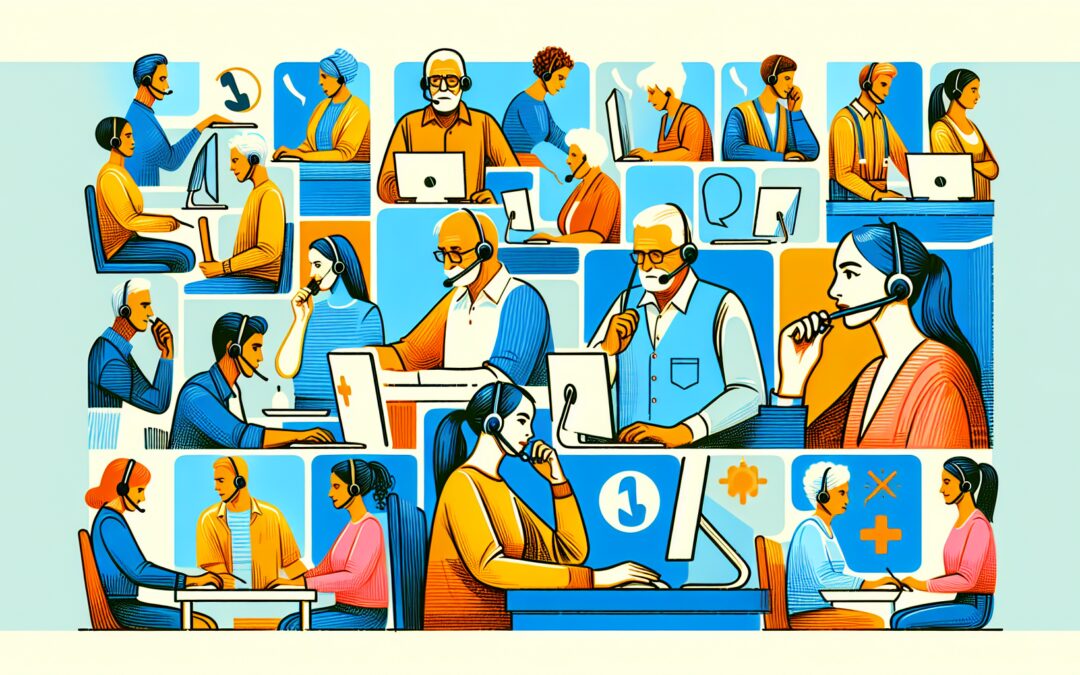Understanding Healthcare Hotlines
Healthcare hotlines are telephone services that provide medical advice, support, and assistance to individuals without the need for a physical visit to a healthcare provider. These hotlines are typically staffed by trained medical professionals such as nurses, doctors, or counselors who offer guidance based on the caller’s symptoms, questions, or health concerns. The primary objective of healthcare hotlines is to provide accessible, immediate, and confidential assistance to improve health outcomes and prevent unnecessary medical visits.
Types of Healthcare Hotlines
There are various types of healthcare hotlines catering to different medical needs and populations:
- General Medical Advice: These hotlines provide general health information and advice on a wide range of medical issues. They are often operated by medical professionals who can guide on whether a symptom requires a doctor’s visit or can be managed at home.
- Mental Health Helplines: Dedicated to mental health support, these lines offer crisis intervention, counseling, and referral services to mental health resources. They play a crucial role in managing mental health emergencies and providing ongoing support.
- Poison Control: Poison control hotlines are critical in providing immediate guidance in cases of poisoning. Trained toxicologists offer advice on how to handle exposure to toxic substances and when to seek medical help.
- Disease-Specific Hotlines: Targeted at specific disorders, such as diabetes or heart disease, these hotlines offer specialized information and support tailored to the needs of individuals with chronic illnesses.
- Sexual Health and Reproductive Hotlines: These provide confidential information and counseling on sexual health, pregnancy, contraception, and other related topics.
- Substance Abuse Helplines: These help individuals cope with drug addiction and alcoholism by providing advice, support, and referrals to treatment facilities and recovery programs.
Benefits of Healthcare Hotlines
Healthcare hotlines offer multiple benefits that significantly contribute to the effectiveness and efficiency of health services.
- Accessibility: Patients can receive immediate advice and support without leaving their homes, which is especially crucial in rural or underserved areas where medical facilities may be scarce.
- Cost-Effectiveness: By reducing unnecessary emergency room visits and allowing for early intervention, healthcare hotlines can save significant costs for both healthcare systems and patients.
- Confidentiality: Offering a degree of anonymity, these hotlines are critical for patients who might hesitate to seek help due to stigma or privacy concerns, particularly in mental health and sexual health issues.
- Educational Value: Beyond immediate health concerns, hotlines provide an educational resource where individuals can learn about disease prevention, health promotion, and lifestyle modifications.
- Support for Healthcare Systems: They relieve pressure on the healthcare system by managing minor health issues that do not require hospitalization, allowing healthcare providers to focus on more critical cases.
Challenges Faced by Healthcare Hotlines
Despite their advantages, healthcare hotlines face several challenges that could impact their effectiveness:
- Quality of Service: The quality of advice can vary depending on the training and experience of hotline staff. Ensuring consistent, high-quality responses is crucial for the reliable operation of health hotlines.
- Limited Diagnostic Capabilities: Since assessments are made based on verbal communication without physical diagnosis, there is always a risk of misdiagnosis or underestimation of serious conditions.
- Technology Dependence: Interruptions in service due to technical issues can impede access to critical health information and support.
- Privacy Concerns: Handling of personal health data requires stringent data protection measures to prevent breaches of confidentiality.
Looking Ahead: The Future of Healthcare Hotlines
As technology evolves, so does the potential of healthcare hotlines. Integration with telemedicine platforms, use of AI for initial screenings, and better data management systems are likely future enhancements that will boost the efficiency of hotlines. Additionally, ongoing training programs for hotline personnel and stringent quality assurance measures will be vital to maintain the trust and reliability of these services.
Healthcare hotlines remain an essential component of modern healthcare systems, offering a blend of convenience, immediate access, and critical support across various medical fields.


